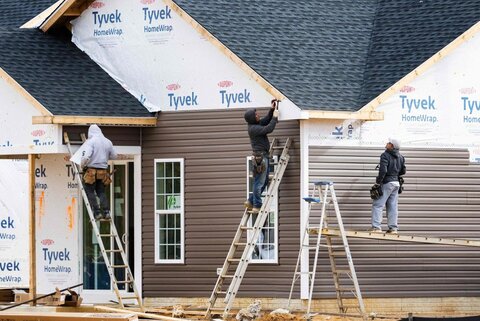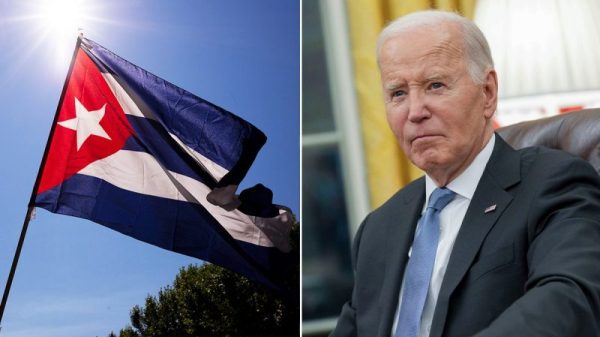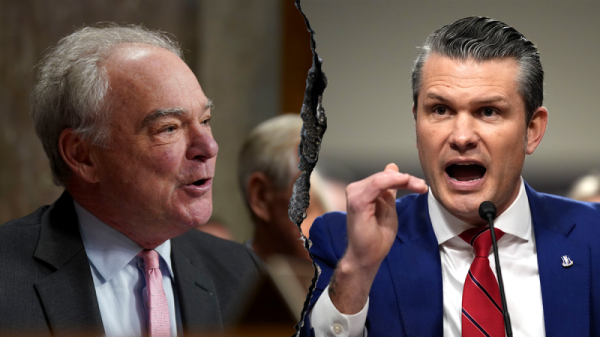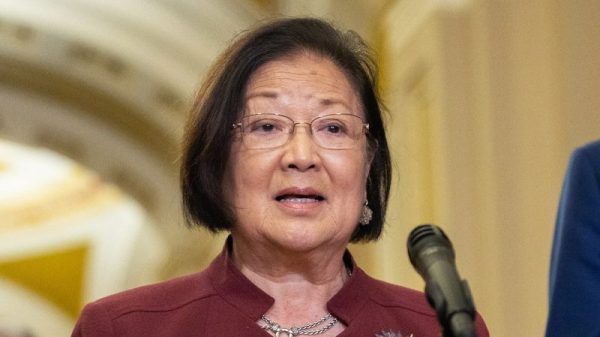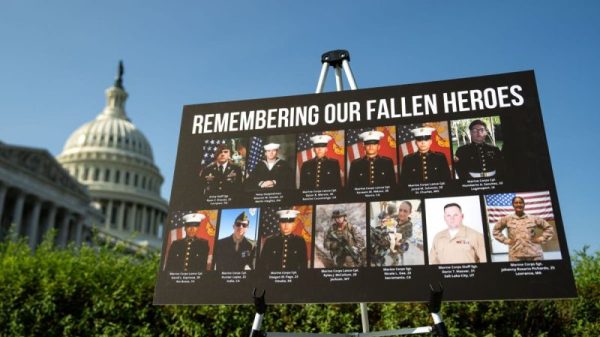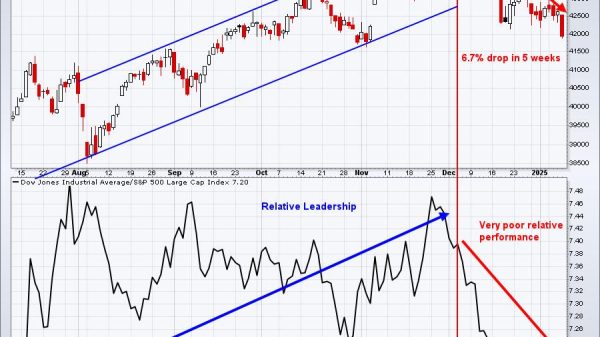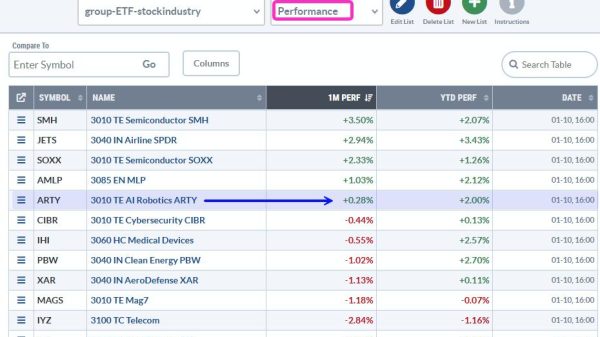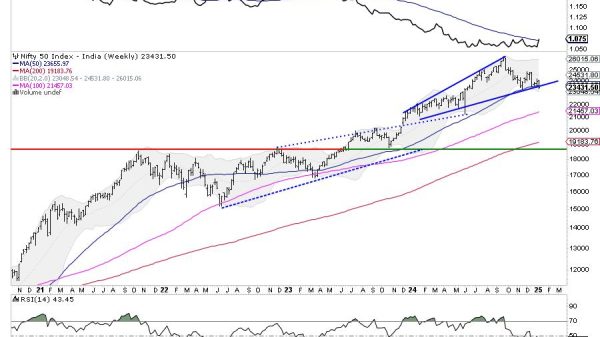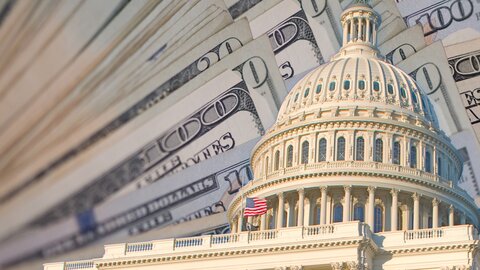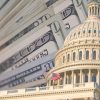The Washington Post recently described a Nebraska Supreme Court case challenging so-called certificate-of-need (CON) laws that require state permission to operate a health care facility.
From 1965 until the early 1980s Medicare encouraged health care expenditures because of its cost-plus reimbursement framework. Rather than change the incentives in the reimbursement framework, the federal government responded with requirements that states enact CON programs that required permits for all large health care facility expenditures. The thinking was that because all medically necessary expenditures were reimbursed, one could constrain health care spending by restricting unnecessary capital expenditures. If you don’t build it, they won’t come.
Medicare changed its reimbursement practices in the mid-1980s and repealed the CON requirements in 1987. However, 35 states still retain CON programs.
An article in the Fall 2024 issue of Regulation examines the effect of CON entry restrictions on non-hospital surgery centers (also called ambulatory surgical centers or ASCs). In 1980, most surgeries took place in hospitals as in-patient procedures, with only sixteen percent performed on an outpatient basis in a few hundred ASCs nationwide. The market for surgeries looks dramatically different today. Eighty percent of surgeries occur in outpatient settings across almost 6,000 surgical centers nationwide.
Between 1991 and 2019, six states repealed their CON laws on ASCs. The article concludes that repealing ASC CON laws caused an increase in ASCs per capita of 44–47 percent and 92–112 percent in rural communities. By limiting the number of available ASCs, CON laws not only reduce competition between ASCs but also direct surgeries to the substantially more expensive hospital setting, increasing healthcare expenditures and burdening taxpayers.




